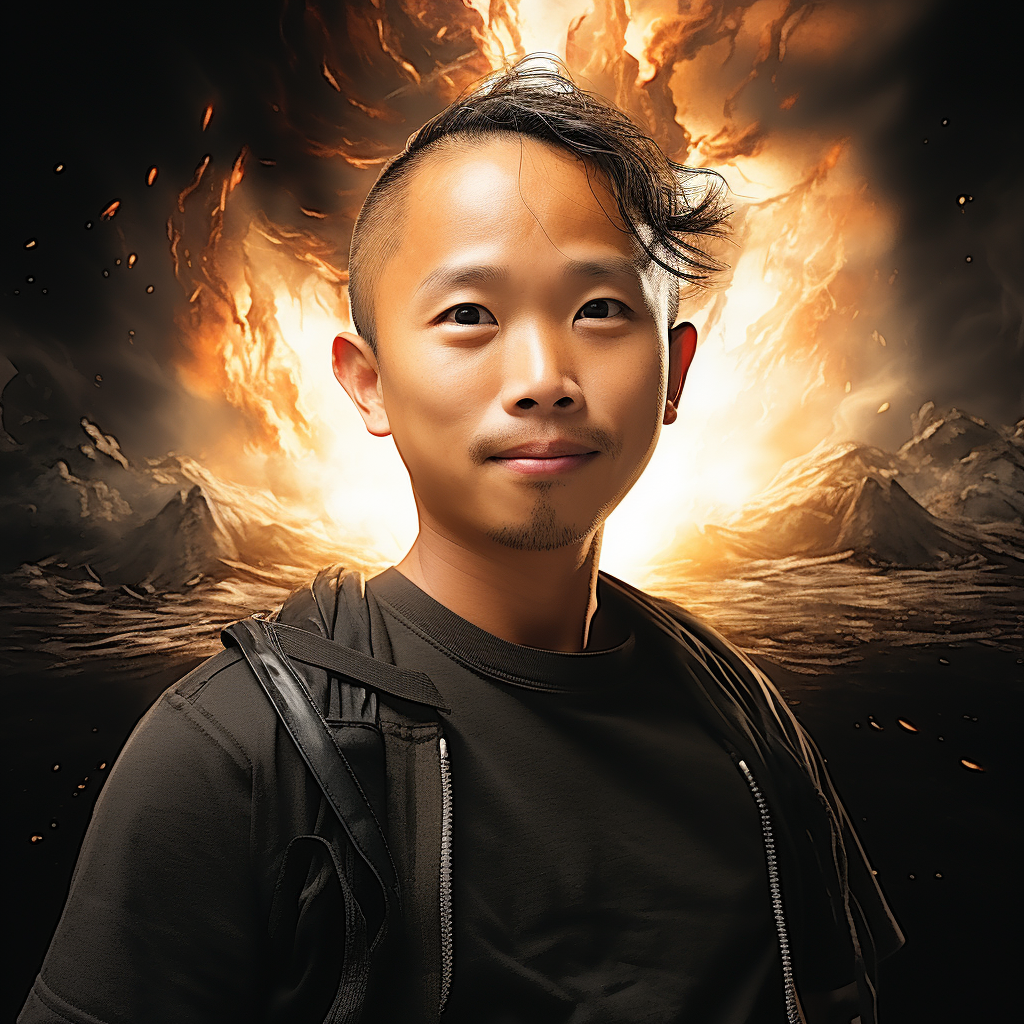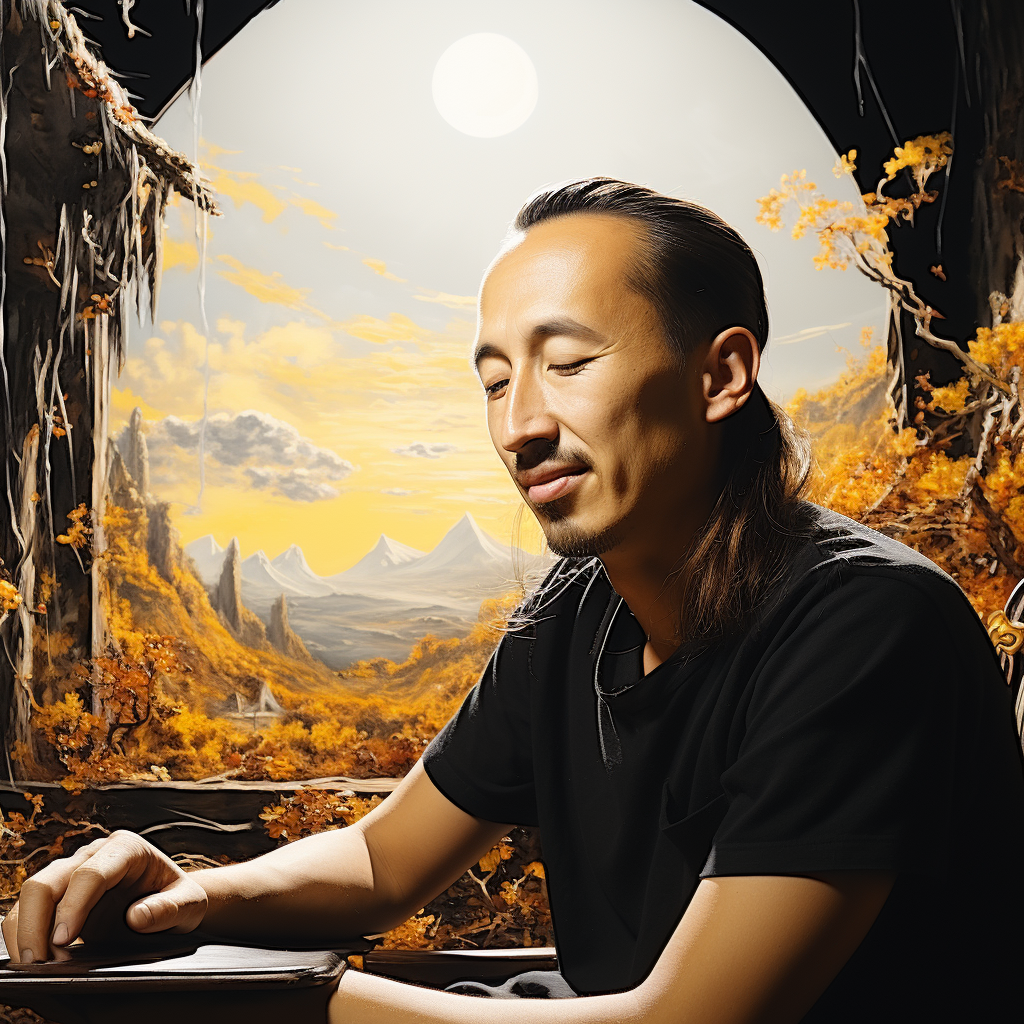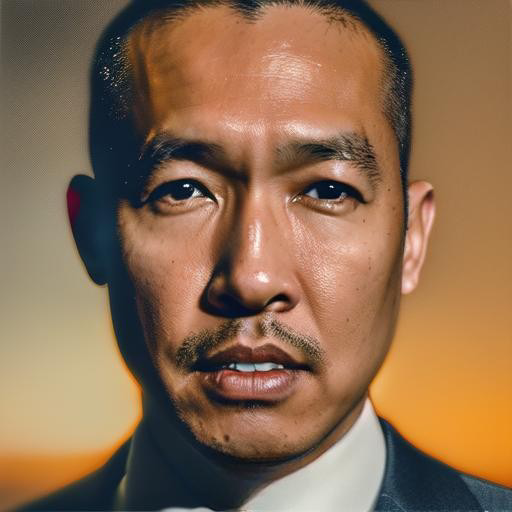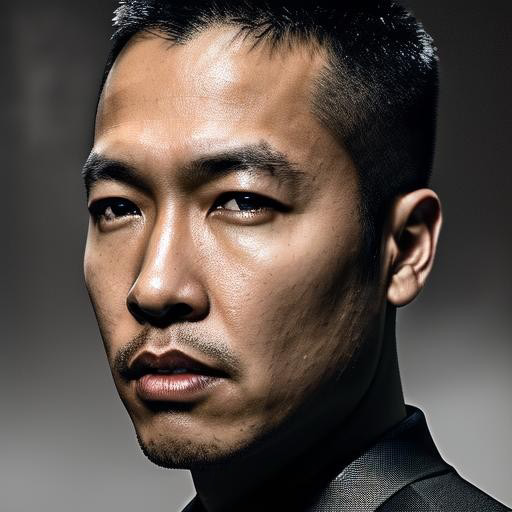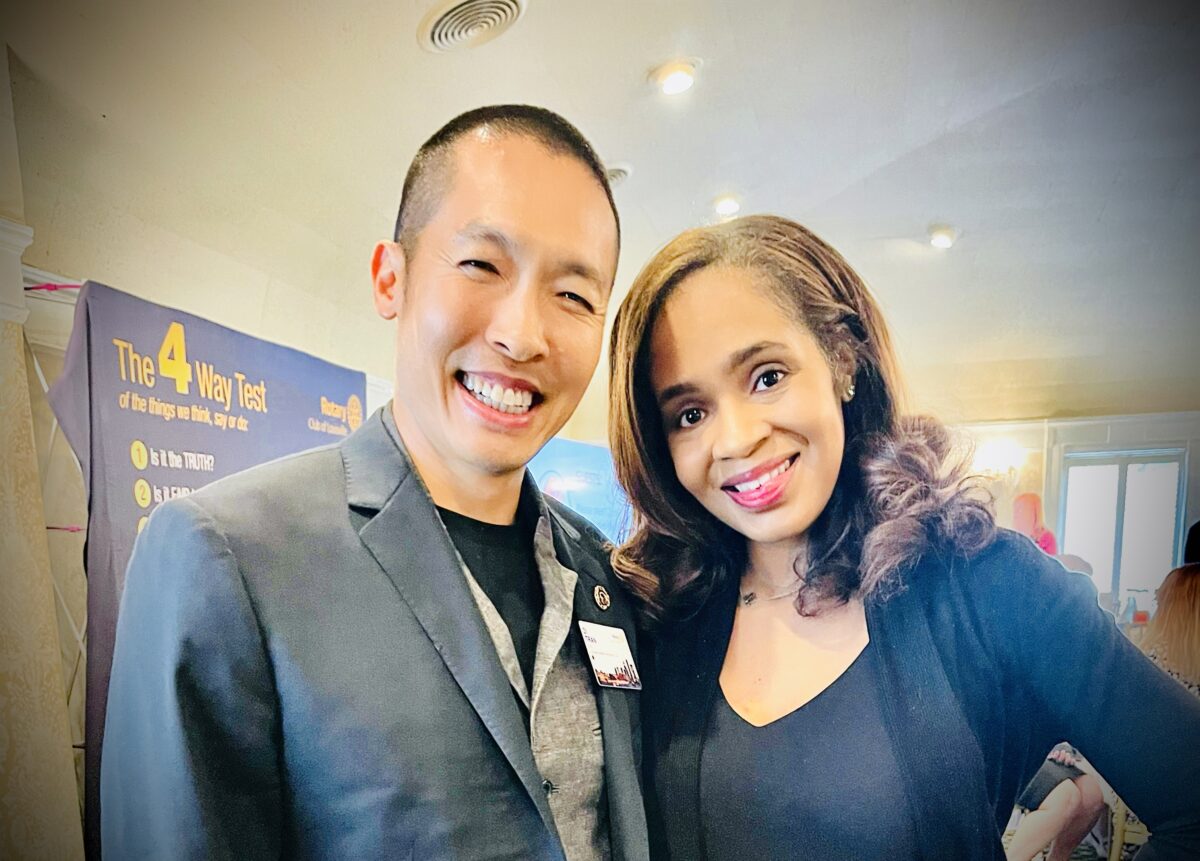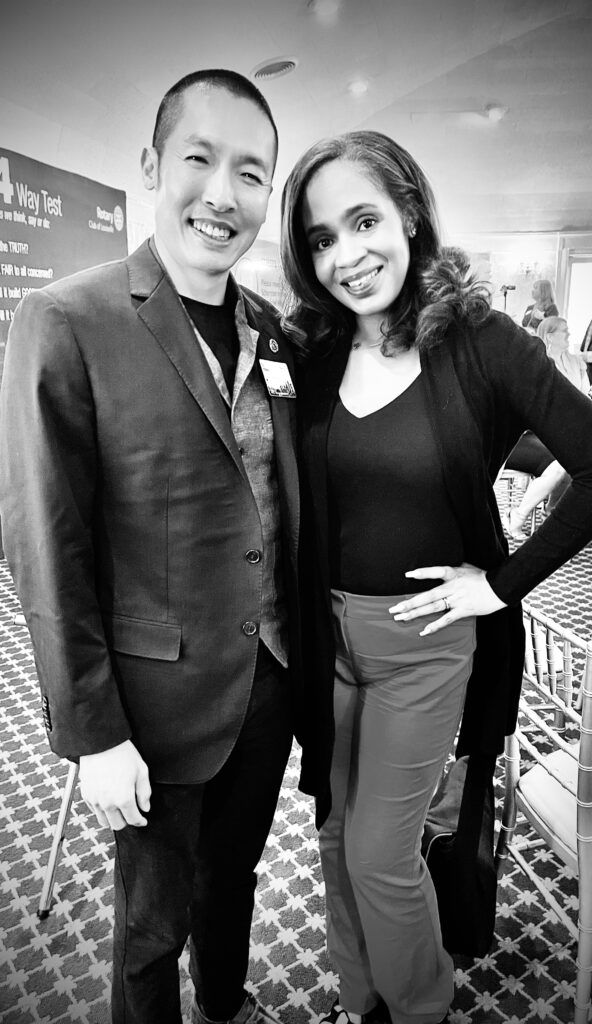In the rapidly evolving world of artificial intelligence (AI), Mohammad Emad Mostaque is a name you should know. The founder and CEO of Stability AI, Mostaque has driven his company to be a forerunner in AI innovation, developing revolutionary technologies that redefine our understanding of machine learning. Stability AI’s primary offering, Stable Diffusion, is a compelling demonstration of Mostaque’s bold vision for the future of technology.
Launched in 2022, Stable Diffusion is a deep learning, text-to-image model primarily used for generating detailed images based on text descriptions. This powerful AI tool can also be applied to a variety of other tasks, including inpainting, outpainting, and producing image-to-image translations guided by a text prompt. Developed by the CompVis Group at Ludwig Maximilian University of Munich and Runway with a compute donation by Stability AI, Stable Diffusion leverages training data provided by non-profit organizations.
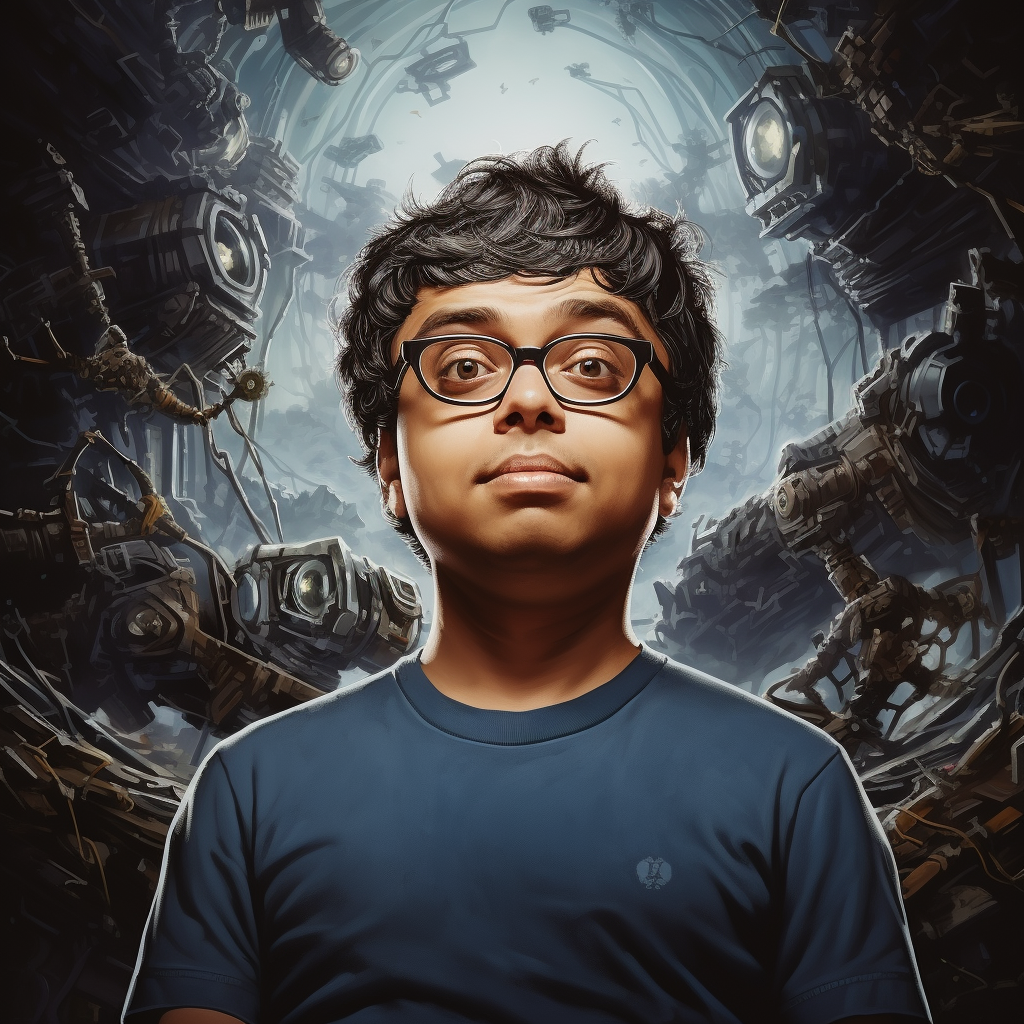
Unlike its predecessors, Stable Diffusion has taken an open-source approach. Its code and model weights are publicly available, making it accessible to a wider audience. The model can be run on consumer hardware equipped with a modest GPU with at least 8 GB VRAM, marking a significant departure from previous proprietary text-to-image models such as DALL-E and Midjourney, which were only accessible via cloud services.
Mostaque has made some bold predictions regarding the future of technology, one of which is that “40% of all Github code is already AI-generated”. Even more strikingly, he has stated that there would be no programmers in five years. This may seem radical, but with the rise of AI like Stable Diffusion, the landscape of technology is undoubtedly changing. The key, Mostaque emphasizes, is not in the programming itself but in knowing how to ask the right question — a clear nod to the importance of creativity.
Stable Diffusion democratizes AI technology, thanks to its 2 GB free-to-use code and pre-trained algorithm. It can generate information based on the question asked without relying on internet connectivity, thereby leveling the playing field in technology. It’s a truly revolutionary feature that paves the way for innovation even in regions with limited internet connectivity, making it a powerful tool for democratizing access to technology.
Mostaque’s philosophy revolves around fostering creativity. “Any of you can build a system,” he encourages. The key, according to him, is creativity and the ability to design a system that caters to the underserved needs of people, adding value to their lives. As more people gain access to tools like Stable Diffusion, the potential for fresh ideas and innovative applications is limitless.
In conclusion, Mohammad Emad Mostaque, through Stability AI, is championing a profound shift in our understanding and application of AI. By making sophisticated AI models accessible and usable by anyone with a creative idea, Mostaque is democratizing the AI landscape and challenging us to reimagine what we can achieve with technology. With Stable Diffusion, the power of AI is no longer confined to large corporations or tech hubs; it’s available to anyone, anywhere, who has the audacity to dream and innovate.






